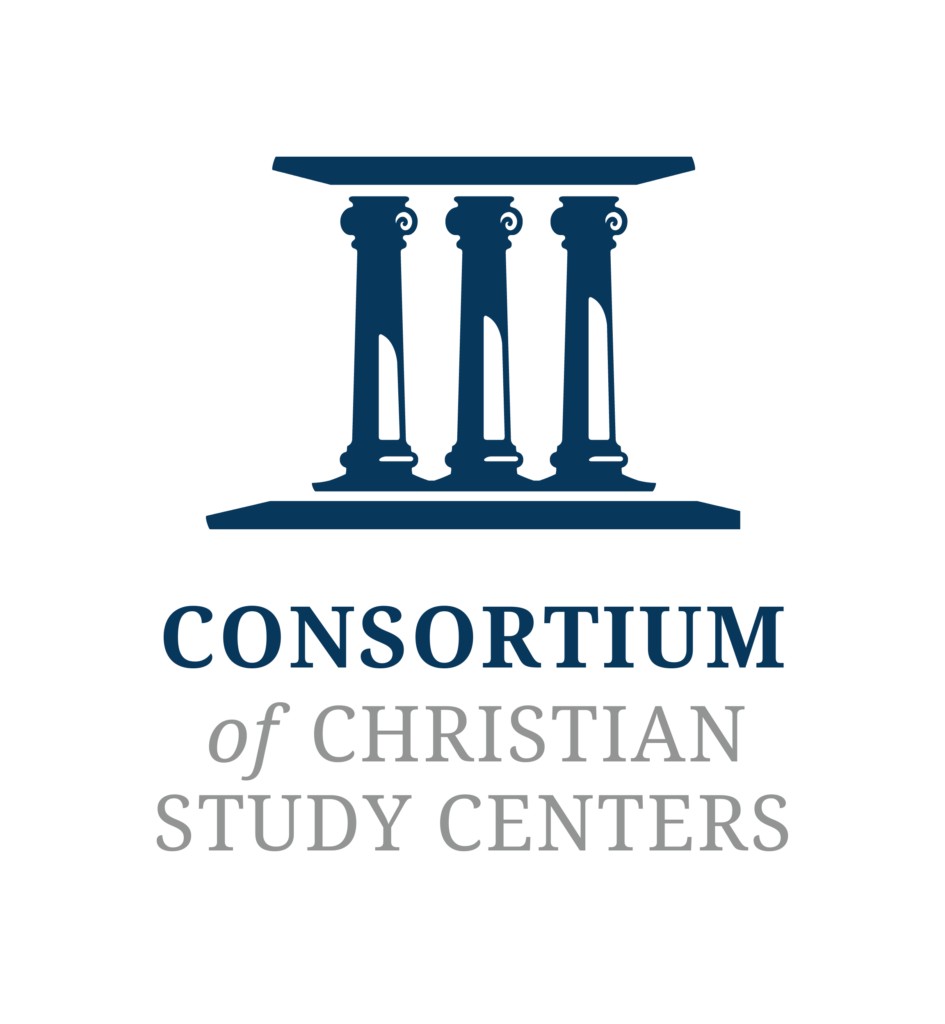
- This event has passed.
Scientists, Atheism & Religion: Deflating a Narrative of Conflict
September 22, 2022 @ 7:00 pm - 8:30 pm CDT

The “conflict thesis” between faith and science is one of the most stubborn myths that contributes to declining levels of public trust in scientists. Many outsiders, especially religious people, assume that all scientists are anti-religious, based on the rhetoric of a few highly publicized scientists. In fact, even among those identified as atheist scientists, a diversity of views and opinions on religion exist. It is this diversity, argues sociologist Elaine Howard Ecklund, that holds the key to building bridges of understanding and pathways of dialogue across real and perceived divides.
Whether you identify as religious or not, Ecklund’s research on the Varieties of Atheism in Science (Oxford University Press 2021) provides helpful data and context to understanding a less well-known dimension to the intersection of faith and science. In this lecture, she will present core findings from a survey of over 1,200 atheist scientists in the US and the UK and 81 in-depth interviews. Together, you will explore what everyday atheist scientists think about religion and the limits to what science can explain, atheist scientists’ views on meaning and morality, and the routes that led to atheism in science.
